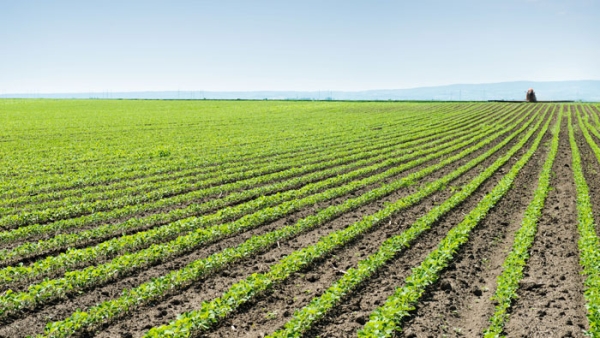
Muscat: Experts have called for strong “contingency plans” as the rise in average temperatures is expected to trigger large scale economic migration in the Sultanate.
“Those involved in agriculture and fishing will in essence become ‘environmental refugees’ because they can no longer find habitable areas or areas where they can undertake their livelihoods,” noted environmentalist Dr Steve Halls told the Times of Oman (TOO).
Climate variability is likely to increase and negatively impact the country’s agricultural sector, he said, adding that Oman’s economic development is at risk because of the potential impact of climate change.
“They will be forced to either migrate to areas where they can live or at a minimum, change their mode of employment/existence to one that is either not affected by the increase in temperature (not really likely or feasible).
They will become more dependent upon sources of aid, education, health and welfare services,” said Halls, ex-director of the Environmental Research Centre at Sohar University.
The warning has come after data from the National Centre for Statistics and Information (NCSI) indicated a fillip in the Sultanate’s average temperature in 2015, from the last five years.
Oman remains committed to curbing its expected Green House Gas (GHG) emissions growth by 2 per cent in a bid to lower rising global temperatures. Around 140,000 Omani families are dependent on agriculture and fishing, according to various estimates.
With the country’s Omanisation process in full swing, experts argue the government will not want an army of unskilled locals descending from the interior or coastal Oman into cities for work.
“If linked with the projected population growth in Oman, this could be a large and unsustainable number of people. Therefore, early action to assess and develop contingency plans is necessary now,” he said.
The recorded rise in temperature has also raised fishing concerns in the region.
“Oman is surrounded by the sea and ocean from three sides and as far as fisheries or fish harvesting is concerned, it goes without saying any rise (in temperatures) will have impact on the availability of species,” said Muscat-based Dr Mehdi Ahmad Jaffar, an independent expert on sustainable development.
“We’ve noticed in past few years that there are frequent or rather more extensive intervals of the red tide (a discolouration of seawater caused by a bloom of toxic red dinoflagellates).
“This phenomenon brings in certain species of marine reef to the surface, which results in the demise of scores of fish species,” he added. The rise in temperature, Jaffar said, could also lead to the “desertification” of Oman, which already suffers from considerable percentage of soil degradation and over-grazing.
According to Jason Nicholls, senior meteorologist at AccuWeather, the rise in ocean temperatures could also lead to the movement of fish to cooler waters.
“...Not sure the warming will have too much impact on fishing in the near term as oceans are much slower to warm and cool. However, if water temperatures continue to warm well above normal then the fish will also be more sensitive to warmer temperatures and may be forced to migrate to cooler waters,” he stated.
Over a five-year period starting in 2011, the average temperature hovered at over 27 degrees during the first two years, then shot up to 28.2 degrees in 2013 only to cool down to 27.7 degrees in 2014, before scaling up to 28.7 degrees last year.
In 2015, the highest average temperature was recorded in the Governorate of Al Buraimi at 37.9 degrees Celsius in July. The Governorate of A’Dakhiliyah experienced the coolest month, with an average temperature of 18.3 degrees in January, the NCSI recorded.
According to Halls, a range of socioeconomic and institutional factors hampered Oman’s ability to respond to current and projected changes in climate.
“This includes a low national institutional capacity, the lack of long-term reliable data or technical capacity to analyse data, uncertainties in regional and local climate scenarios, and low institutional or technical capacity to interpret, modify or develop existing models,” he said.
“These challenges must be met in order to strategically respond to climate change and its impact.”
According to Nicholls, the best thing to do is conserve energy and reduce your carbon footprint.
“However, to truly improve things globally, we need worldwide cooperation for energy saving and pollution reduction initiatives,” he noted.